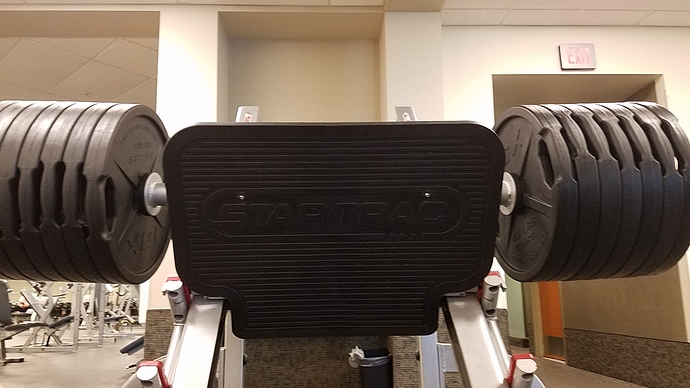What’s up guys? Hope everyone is having a good day so far. Anyway’s I have been doing some reading on the Ketogenic diet. I have a friend who just graduated from medical school and we were talking about the potential long term effects of being on a high fat diet. He suggested that being on a high fat diet, over time, can lead to a build up of plague in your arteries. I don’t know if I necessarily believe that but after further research I discovered that many of the things that I eat on a Keto diet can, in turn, cause plague build up over a period of time. What are y’alls thoughts on this?
Also, I started reading up on the “potential dangers” of a keto diet. One article which seemed pretty biased and not based on evidence said this: .,… if you’re on a strict low carbohydrate diet, you can say goodbye to intense weight training, track intervals, or just about any activity that would be consider “tempo”, “threshold”, or “intervals”. And this is the stuff that adds lean muscle to your body, boosts your metabolism and gets you fit fast – compared to a slow and sluggish slog in your “fat-burning zone”. This is not negotiable by your body. It is simple physiology. When you deplete muscle glycogen, there is a directly proportional increase in muscle fatigue, and also an increase in muscle catabolism (direct metabolism of your body’s own muscle protein, or conversion of that protein into glucose via gluconeogenesis). Many people on a low-carbohydrate diet simply stop exercising, because it can suck so much.
Now. I have heard that people get some really good work outs in when they are on Keto and even when they are fasting. I don’t buy the fact that eating a low carb diet can lead you to not being able to work out. In fact I have seen other physical, tangible evidence of people working out with great results on Keto. What are y’alls take on this dogma?




